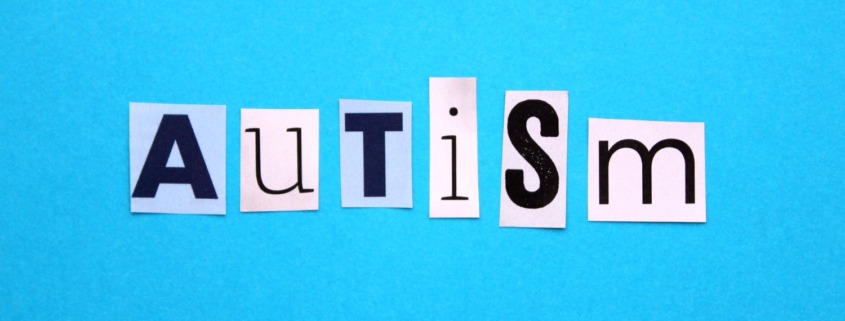Difficulties in non-verbal and verbal communication, social interactions, and play activities are all common with Autism. Autism is a bio-neurological-developmental disability, and it usually manifests before the age of 3 years old. It is hard to diagnose Autism before the age of 24 months. Autism is more common in boys than in girls. There are a few early signs of autism that parents can look out for in their children, such as an absence of “typical” behaviors. For example, an autistic infant may not want to be cuddled and may not look at their mother when they are being fed. Autism varies from person to person, but here are some early signs to be aware of:
- Not responding to their name or to a familiar voice
- Does not make noises to get attention
- Does not make eye contact (Does not smile when being smiled at by an adult).
- Does not seem to hear when someone is talking to them
- Lacking basic social interaction
Autism can also be related to some speech and language difficulties. Here are some signs that may lead to an autism diagnosis:
- Repeats the same words over, and over again.
- Does not understand simple instructions or questions.
- Has a hard time sharing their needs or what they want to others.
- Refers to themselves in third person.
- Speech and language are delayed.
Restricted and repetitive behaviors are also common with individuals on the Autism spectrum. Here are some examples to look for:
- Head banging and hand flapping
- Spinning in a circle and rocking back and forth
- Repeating words or noises
- Snapping or flicking fingers
- Excessively watching moving objects
- Uncalled for scratching
- Flicking the light switch on and off
Autism is a disorder that we have become more aware of. Although, there is no cure for autism, therapy can significantly help with the wide variety of symptoms that are present. Early intervention of autism is important. At Psychological Assessment and Treatment Services we work with a wide range of ages of individuals on the autism spectrum. No two cases of autism look the same, which is why we will tailor therapy to each individual’s needs. We will work collaboratively with the individual and the family to make therapy as beneficial as possible.
Autism Evaluations
According to the Diagnostic and Statistical Manual of Mental Disorders (DSM-5), a guide created by the American Psychiatric Association that health care providers use to diagnose mental disorders, people with ASD often have:
- Difficulty with communication and interaction with other people
- Restricted interests and repetitive behaviors
- Symptoms that affect their ability to function in school, work, and other areas of life
Autism is known as a “spectrum” disorder because there is wide variation in the type and severity of symptoms people experience.
Our office utilizes the ADOS-2 (Autism Diagnostic Observation Schedule–Second Edition) to assist in the classification of Autism. The evaluation of Autism or autism spectrum disorders (ASD) has the following elements:
- Obtaining a thorough background history of the child’s medical, birth, developmental, family, school, intervention, history
- Findings of previous developmental screenings
- Parent/caregiver interview
- Child observation and interactions
- Evaluation using more than one standardized instrument (as clinically indicated)
- Administration and interpretation of the ADOS-2 or the Autism Diagnostic Interview Revised (ADI-R)
Autism Evaluations/Tampa/Florida/ADOS 2
For more information about ASD, visit: ● Eunice Kennedy Shriver National Institute of Child Health and Human Development www.nichd.nih.gov/health/topics/autism ● National Institute of Neurological Disorders and Stroke www.ninds.nih.gov/Disorders/All-Disorders/Autism-Spectrum-DisorderInformation-Page ● National Institute on Deafness and Other Communication Disorders www.nidcd.nih.gov/health/autism-spectrum-disorder-communicationproblems-children ● Centers for Disease Control and Prevention www.cdc.gov/autism ● Interagency Autism Coordinating Committee https://iacc.hhs.gov



